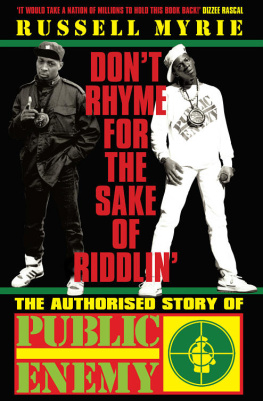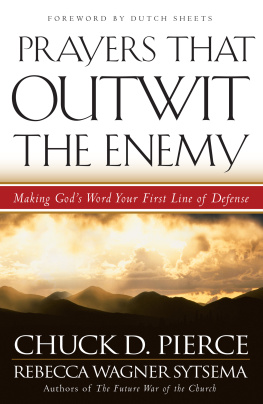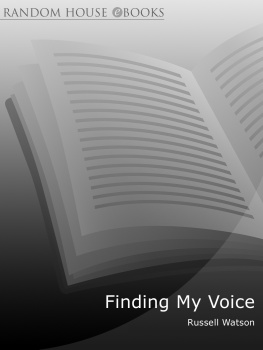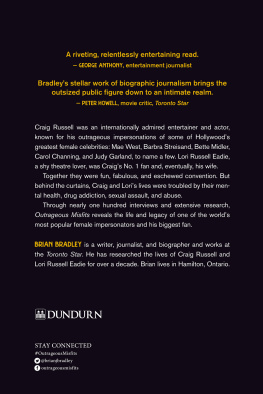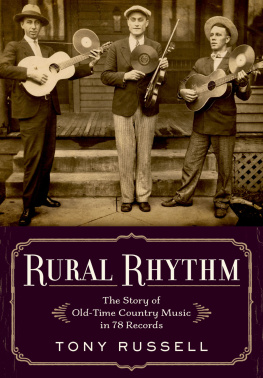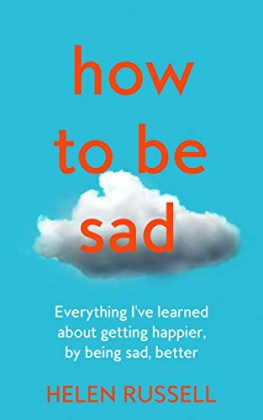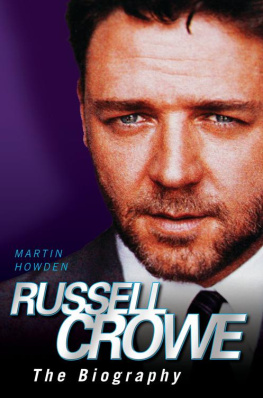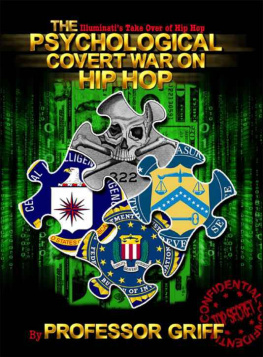Public Enemy is without doubt one of the greatest hip-hop groups of all time. And according to many music connoisseurs, be they pundits or punters, Public Enemy is the foremost hip-hop group of all time bar none.
If the eighties were about hip-hop introducing itself and the nineties about the culture establishing itself as a force to be reckoned with, then the new millennium is about it enjoying its success while continuing to evolve. Public Enemy were crucial to hip-hops development. They were responsible for making hip-hop lyrics more progressive and politically aware. No other act within hip-hop music has ever dealt with politics as forcefully as Public Enemy. The production of The Bomb Squad elevated the music to new sonic heights.
As Adam Yauch better known as MCA from The Beastie Boys puts it in the sleeve notes to 2005s Power to the Peopleand the Beats: Public Enemys Greatest Hits, No one has been able to approach the political power that Public Enemy brought to hip-hop. I put them on a level with Bob Marley and a handful of other artists the rare artist who can make great music and also deliver a political and social message. But where Marleys music sweetly lures you in, then sneaks in the message, Chuck D grabs you by the collar and makes you listen. They present undiluted black anger so articulately and stylishly that even those beyond their core audience cant help but take notice and be affected. Public Enemy have been responsible for creating and maintaining a powerful sense of black pride for an entire generation; but a quick glance at any crowd at a Public Enemy concert will reveal fans of all backgrounds.
Public Enemy were one of the first hip-hop groups to have a dedicated following among rock fans this is the legacy of their tours and collaborations with groups like Anthrax, The Sisters of Mercy and U2. They are one of the most powerful examples of popular music being able to effect social change. The reason we made albums is to say something, to push the envelope of music, and our challenge is to see if we can perform them or not, is how Chuck D sums it up. If we cant perform them then weve lost our challenge.
Public Enemy are one of those classic bands whose music is continually discovered by new generations. Their second album, 1988s It Takes a Nation of Millions to Hold Us Back, is hip-hops Sgt. Peppers Lonely Hearts Club, its Kind of Blue. In short, the leading example of brilliance in its field. Their stage show is one of the best in the hip-hop business. Over the years it has evolved to include live musicians the baNNed, who add a new element to Public Enemys noise.
Public Enemy are alive in the spirit of newer-school rappers like Dead Prez, Mos Def and Talib Kweli, Immortal Technique and Kanye West. It is no exaggeration to surmise that they are the closest thing the current generation has had to a Malcolm X or a Marcus Garvey. Similarly to the two freedom fighters, they made a lot of people question that which they had previously accepted with no complaints or qualms.
When it comes to politics and protest songs Public Enemy are the most respected hip-hop group and Chuck D its most respected intellectual. Those who tire of the more hedonistic, materialistic stance, which much of the more commercially successful hip-hop has taken, constantly look to Chuck and Public Enemy as the ideal of what rap music can do for the black community and race relations in general. Public Enemy are among the first hip-hop groups who have enjoyed long and fruitful careers. They are a band who cannot be ignored.

Unless you were tuned in at the time, its difficult to appreciate the extent to which Public Enemy shook up the world, inspiring love and hate in equal measures. Today, when no taboo has been left unbroken, its almost impossible to shock the masses any more. But when PE exploded on to the hip-hop scene they were an extremely frightening prospect. They made the powers that be nervous in ways that even the likes of NWA and Tupac could never have imagined. PE were largely responsible for creating the conditions that led to hip-hop being feared by the establishment in the first place. But they might not have been such a tight unit if it hadnt been for the hundred square miles that form Long Island.
Like any section of the eternally influential New York City, Long Island has produced its fair share of famous sons and daughters. Among them are the Murphy brothers, Eddie and Charlie; the basketball player Dr J and Mariah Carey. Long Islands other musical offspring include classic hip-hop pioneers like De La Soul and Rakim. Newer artists include Chrisette Michelle and Nyckz. But would it be too outlandish to claim that PE are the sixth boroughs most important band?
Long Island certainly owes a debt to hip-hops version of the Black Panther Party for Self-Defense, if only for the simple fact that, were it not for them, it would never have become known as Strong Island (soon after PE made their presence felt, Strong Island by JVC Force hit big on its way to becoming a hip-hop classic) and, as a result, wouldnt have been able to attain the local pride that previously only existed elsewhere across the rotten apple. New York, like any other city, has its own localised regional rivalries. Such a nickname similar to Brooklyns Crooklyn, Money Earnin Mount Vernon or, perhaps most famously, the Boogie Down Bronx was needed because Long Island was, and (to a degree) still is, perceived as soft and country by other New Yorkers. It has a reputation as a quiet suburban place. Its the place you go to escape the everyday grind and grit of the city. Long Islands reputation as a nice place meant that those parents who had high hopes for their children flocked there. Such a move has always held particular appeal for ambitious young black couples who wanted to escape the trials and tribulations in places like Brooklyn and Queens. Years before Carlton Ridenhour became Chuck D, the incendiary lead rapper of PE, his parents were one such couple.
Long before they considered making Long Island home Mr and Mrs Ridenhour resided in the black cultural and business mecca of Harlem. They lived on 151st, theyre both from the same block and their birthdays are a day apart, Chuck says. The harsh realities of supporting a family meant that they had to leave uptown and up sticks to Queens where Mrs Ridenhours parents lived. The support from the extended family helped seal the deal. Consequently, Carlton Ridenhour was born in Flushing, Queens, on August 1, 1960. The future sports fan was born right next to Shea Stadium. Coincidentally, Richard Griffin, aka Professor Griff, who would grow to become PEs Minister of Information as well as one of their most controversial figures and best producers, was born on exactly the same day. But unlike Chuck, his family already lived in Long Island.
Queens was affordable for a young black couple. I mean, my parents were young so they moved around in affordable housing, Chuck hastens to add. We moved to about eight or nine places in Queens before we settled in one spot. Chucks grandparents house and the infamous Queensbridge Projects, the biggest housing projects in the entire United States, were just two of these eight or nine spots. But Chucks family eventually left Queens altogether. Its tempting to wonder for a split second what kind of hip-hop Chuck might have made had he grown up in Queensbridge. But he was just nine when his family moved out to Long Island. It was a move that wasnt popular with the young Chuck. Leaving Queens for the country was a stark and refreshing contrast, even though it was only a short drive across an imaginary line.

